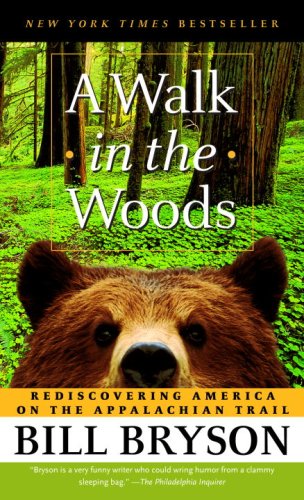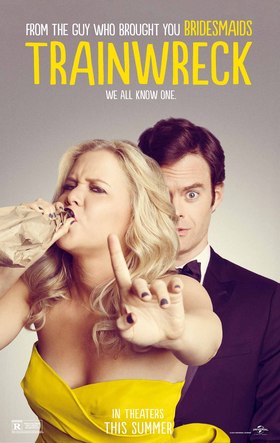(This film review of “Irrational Man” appeared in the Australian Jewish News on 20 August 2015.)
Written and directed by Woody Allen
Starring Joaquin Phoenix, Emma Stone and Parker Posey
Even on a bad day, a Woody Allen movie is worth watching. While his latest film, “Irrational Man”, is a distinctly minor addition to his impressive oeuvre, it contains at least two performances of extraordinary quality and attempts to deal with philosophical questions that most directors avoid.
Allen’s film career as a writer, director and actor now spans more than 50 years. “Irrational Man” returns to one of Allen’s favoured themes, of evil deeds going unpunished. He explored this in great length in the comedy-drama, “Crimes and Misdemeanors”, which was set partly against the background of his character’s obsession with the Holocaust.
“Irrational Man” instead takes an academic approach through its main character Abe Lucas, a philosophy professor played by Joaquin Phoenix, who arrives at a small New England college suffering from writer’s block and general ennui. Unable to progress his book on Heidegger and fascism, he commences a desultory affair with a depressed married colleague, Rita Richards (Parker Posey). And against his better judgment, he is drawn into second affair with one of his brightest undergraduate students, Jill Pollard (Emma Stone), the daughter of two local professors – both of them obviously Jewish. Both women want to be rescued by Lucas, who in turn is seeking some escape from his lonely and alcohol-fuelled musings (“just what the world needs, another book on Heidegger and fascism”).
I have never been a fan of screen alcoholics, as perpetual drunks are rarely fun to watch, and following their journeys is rarely interesting. Abe’s situation creates a structural problem for the plot of “Irrational Man”, so Abe’s tortured character decides to do something drastic to rouse himself (no plot spoilers here). As Abe, a mis-cast Phoenix falls into his classic speech-slurring mumble, spouting philosophical truisms (“anxiety is the dizziness of freedom”), but without the conviction that other actors have been able to give to Allen’s intellectual lines.
By contrast, Parker Posey and Emma Stone both shine in their roles, creating two believable and totally watchable characters. If this film were stronger, I would tip both for possible Academy Award nominations. But the weak and underwritten plot with a too-easy ending and Phoenix’s loose performance all weigh it down. Despite the scenic Rhode Island setting and a few cute pop culture references (“I am at a ‘Zabriskie Point’ moment”), “Irrational Man” leaves little emotional resonance.
Last year, the New York Post posed the question, “Does Woody Allen write good roles for women, or is he a great director of women?” Seven performances in Woody Allen films have won Academy Awards, six of them for women, an almost unparalleled achievement. “Irrational Man” contains two more good female roles, unfortunately lost in a flawed film.
(Photo below: Joaquin Phoenix and Emma Stone in “Irrational Man”)




 Posted by donperlgut
Posted by donperlgut 

